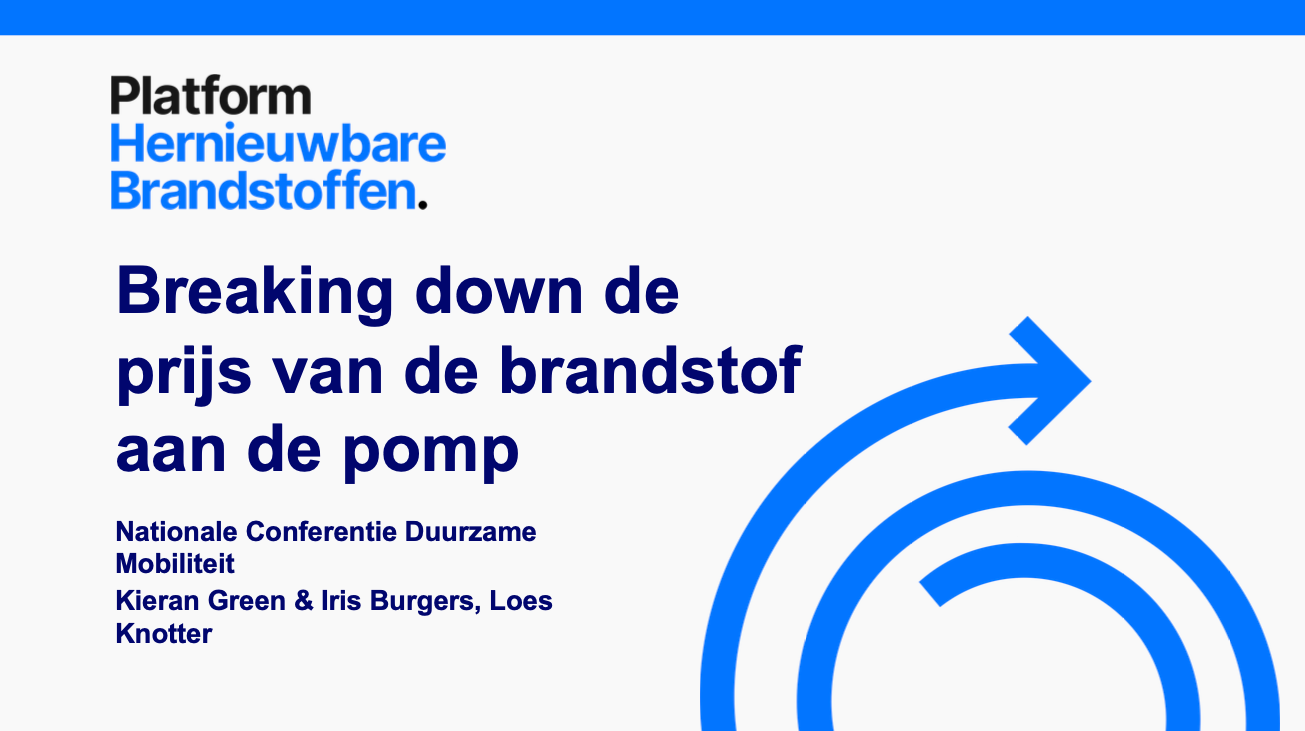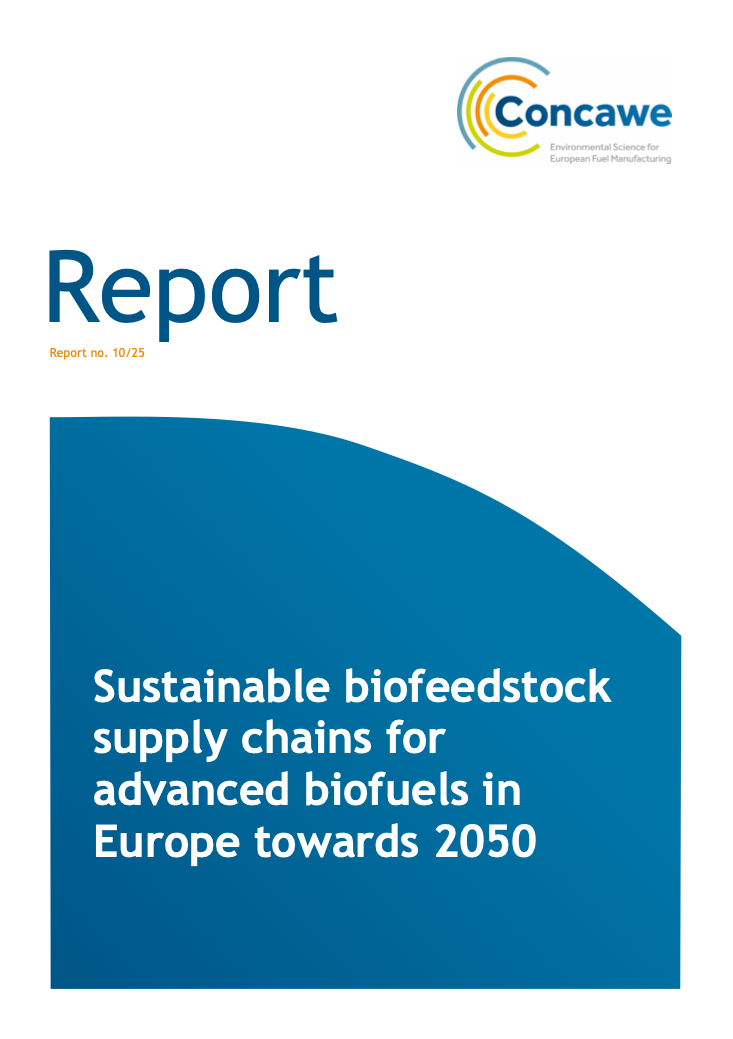EU Court of Justice rules that C-14 testing requirement for imports is discriminating | 2024

The ruling of the Court of Justice of the European Union on an issue regarding the requirement to demonstrate the biogenic content of co-processed fuels with a C-14 test, brings valuable insights that could also have implications for the Netherlands.
On 29 July 2024 the EU Court of Justice ruled on a case between BP France SAS and the French Ministry of Economics and Finance, concerning the legality of ‘the circular at issue’, which requires the use of a physical carbon-14 laboratory analysis to determine the actual biogenic content of a fuel produced according to the co-processing procedure.
BP France is importing HVO from Spain that has been produced according to the co-processing procedure in a certified process and facility. Therefore, BP France claimed that the certified mass balance methodology should be sufficient to verify the biogenic content of these fuels.
The court has ruled that the sole purpose of mass balance monitoring mechanisms and the voluntary schemes is to assess and justify the sustainability of raw materials, biofuels and their mixtures, and not to regulate the assessment of the share of energy from renewable sources. Therefore, the requirement to use a C-14 test to determine the biogenic content is appropriate and justified.
However, the court also assessed the legality of setting that requirement on fuels that have been produced according to the co-processing procedure in another Member State (Spain) upon entry of those fuels into the first Member State (France), and not set that requirement on fuels that have been produced in that way in the first Member State (France). The court ruled that this measure has an equivalent effect to a quantitative restriction on imports, which goes against Article 34 of the Treaty for the Functioning of the EU (TFEU).
Possible implications for the Netherlands
Essentially the court ruled that setting additional requirements on imports is not allowed under the TFEU, and that the C-14 testing requirement on imports but not on fuels produced via the same procedure within the Member State can be seen as limiting imports.
In the Netherlands we have a similar situation. Under the System Energy for Transport, deliveries of gas to the transport sector can be greened via guarantees of origin when an equivalent volume of biogas is produced within the Netherlands, as laid down in Article 7 of the Regeling Energie Vervoer. This possibility does not exist for guarantees of origin that concern volumes of biogas produced in other Member States.
This could be seen as a measure that has an equivalent effect to a quantitative restriction, and could therefore, be not in accordance with Article 34 of the TFEU.
Download
To read the full ECJ ruling on this case, click here.
Recente artikelen
PHB presentatie: Breaking down de prijs van de brandstof aan de pomp

Concawe: Sustainable biofeedstock supply chains for advanced biofuels in Europe towards 2050 | 2025

